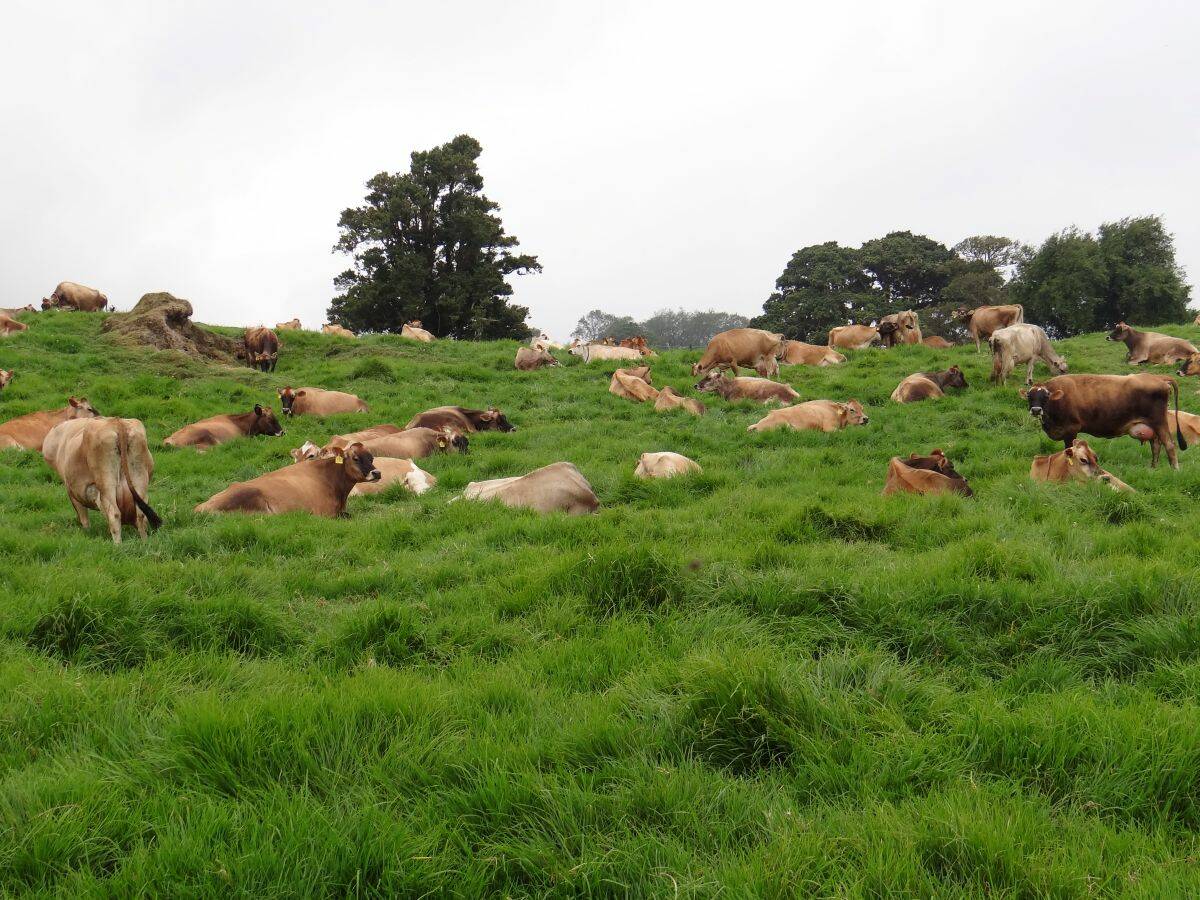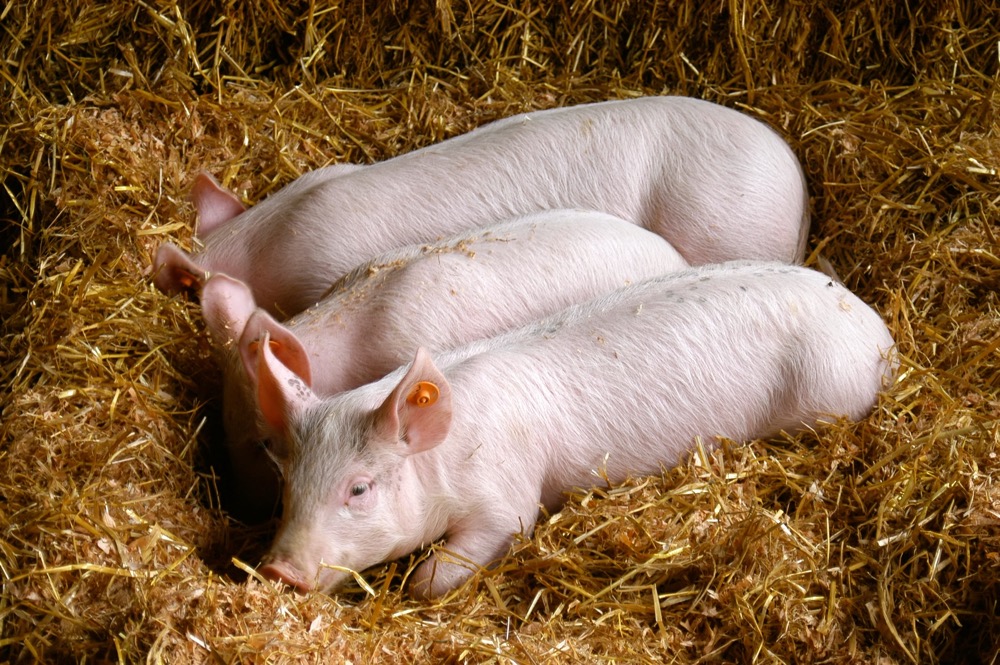A disinfectant used in the U.S. livestock industry has so far proven ineffective in preventing the spread of porcine epidemic diarrhea virus (PEDv), a study funded by the pork industry has found.
“Our research unfortunately says that Stalosan F, given the conditions in which we tested it, was not effective in killing the PED virus,” Tom Sundberg, vice-president of science and technology at the National Pork Board, said.
The hog industry, which is scrambling to find methods to curb the spread of the virus, is continuing to fund research.
Read Also

Is inflammation the real cause of milk fever in cattle?
UAlberta researcher Burim Ametaj’s theory challenges 200 hundred years of science and his work may change the approach for treatment.
As of Dec. 15, the number of confirmed PEDv cases totalled 1,764, across 20 states, according to data from the USDA’s National Animal Health Laboratory Network. Each case could represent hundreds to thousands of hogs.
The pork board funded the study at Iowa State University’s Veterinary Diagnostic Laboratory to determine if the Stalosan F disinfectant used alone could kill the PEDv in commercial hog trailers.
Vitfoss, the Denmark-based agricultural supplement producer which makes Stalosan F, cautioned that disinfectants alone are not enough to kill viruses when fecal matter is present.
“It is my understanding that in order for biosecurity to be efficient, transport trailers are (to be) cleaned, washed and disinfected between each destination and that this is done at secure and clean wash bays away from any livestock or slaughter facilities,” Lars O. Madsen, a Stalosan spokesman, told Reuters in an email.
The pork board’s Sundberg said the industry needs alternatives.
“We are moving thousands of pigs each day in the industry and the time it would take to do that to every trailer makes that an impossible thing to do in order to stem the risk of PEDv,” Sund-berg said.
From the the Manitoba Co-operator: Piglet diarrhea virus confirmed on Ont. hog farm
Stalosan F disinfectant was shown in Canadian research to be effective on different surfaces in killing another disease, porcine reproductive and respiratory virus (PRRSv), Sundberg told Reuters.
The highly transmissible PEDv was seen for the first time in the United States in April this year. It can be transmitted through contaminated pig feces on pigs, trucks, boots and clothing.
PEDv causes diarrhea, vomiting and dehydration in hogs and could result in deaths — particularly in baby pigs whose immune system can be weak.
PEDv is not harmful to humans nor is it transmissible through pork. It has occurred in Europe and Asia, but this is the first year that it has been seen in the United States.














